100% Satisfaction guarantee on pest control
Pest Control Done Right. Period.
If pests have taken over your home, you need pest control in Artondale that’s fast, reliable, and hassle-free. That’s where we come in. With years of hands-on experience and a strong reputation backed by five-star reviews, we’ve become the go-to experts for local homeowners. When unwanted critters start invading your space, waiting isn’t an option, you need an effective solution now. That’s why we provide rapid response times, fair pricing, and top-notch customer service, making pest control simple and stress-free.
Does rodents causing trouble too? You’re not alone. Mice and rats aren’t just a nuisance, they can cause costly structural damage and introduce serious health risks. That’s why we use eco-friendly, pet-safe methods to eliminate infestations while keeping your family protected. No matter what type of pest problem you’re facing, we have the expertise to handle it. Call today for a fast, no-obligation pest control quote, and let’s reclaim your home from unwanted intruders!
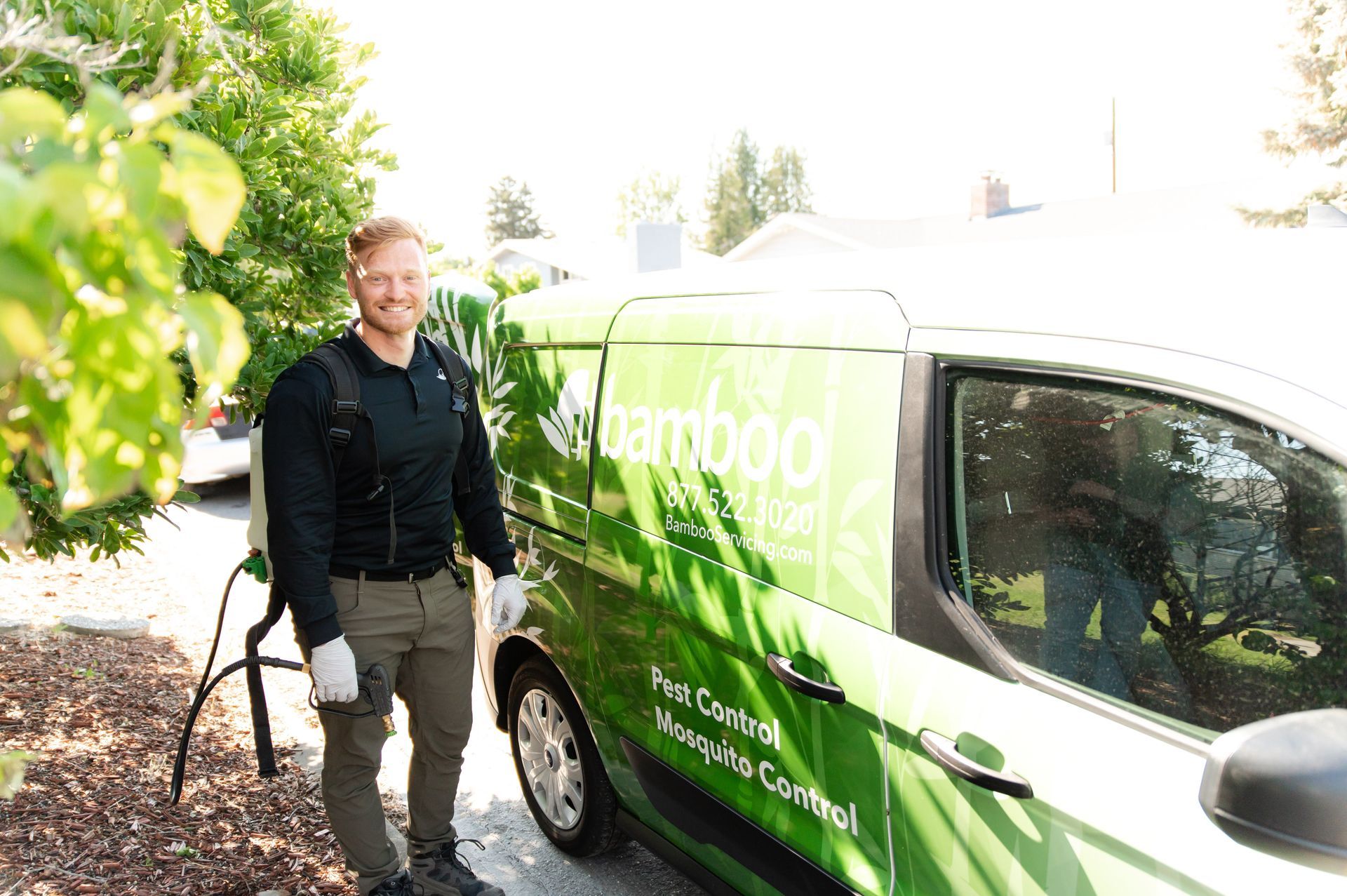
Get Your Free Quote
Contact Us - Homepage
We will get back to you as soon as possible.
Please try again later.

NEXT DAY
SERVICE
AVAILABLE
FLEXIBLE APPOINTMENT
TIMES
30-DAY MONEY BACK GUARANTEE
AFFORDABLE
CUSTOM TREATMENT
PLANS
Our eco-friendly pest control services guarantee the complete elimination of all pests in your home.
#1 Rated artondale Pest Control Service
We're committed to using only EPA-approved and organic solutions that effectively remove pests, ensuring the safety and well-being of your family and pets.
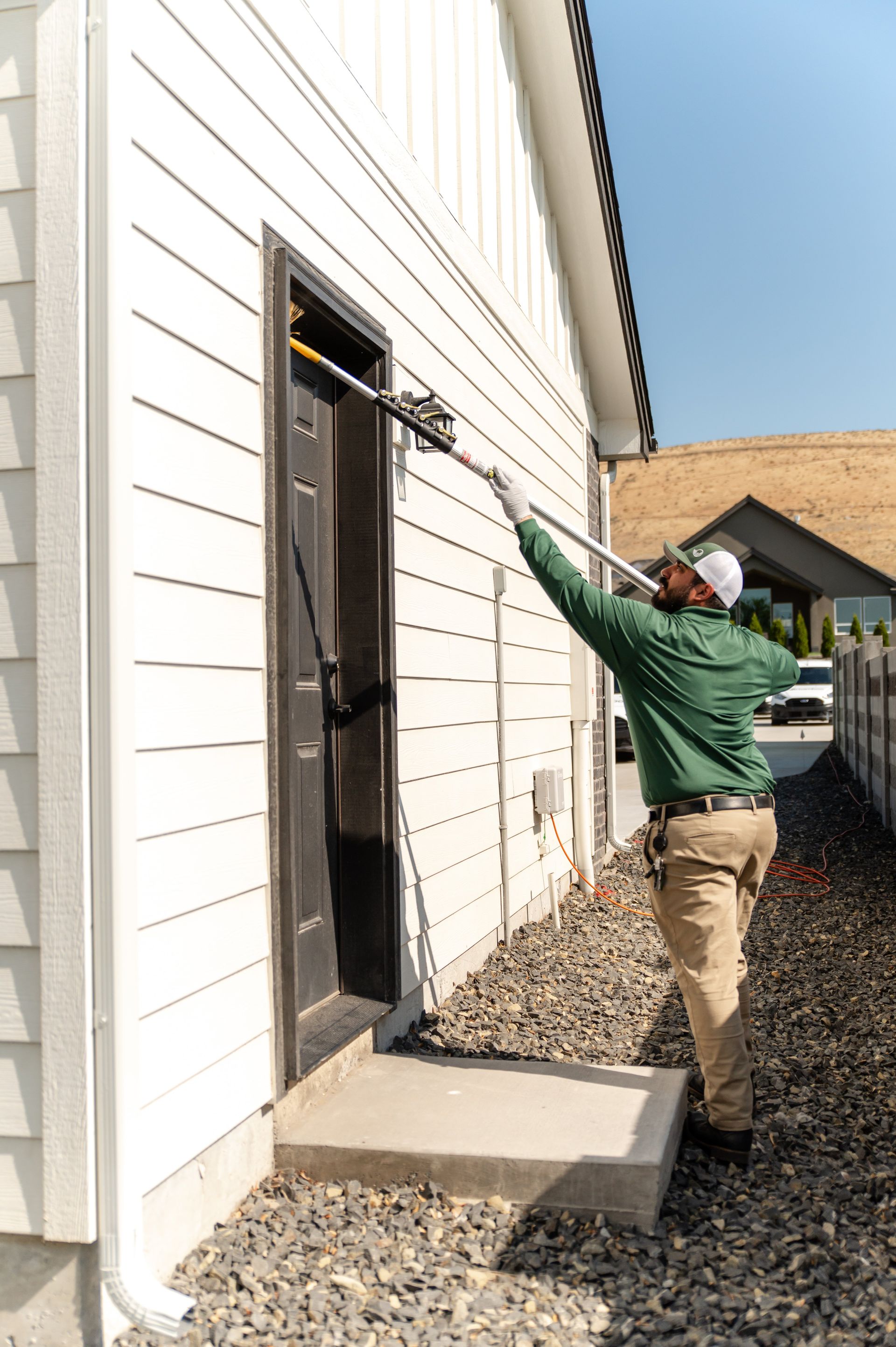
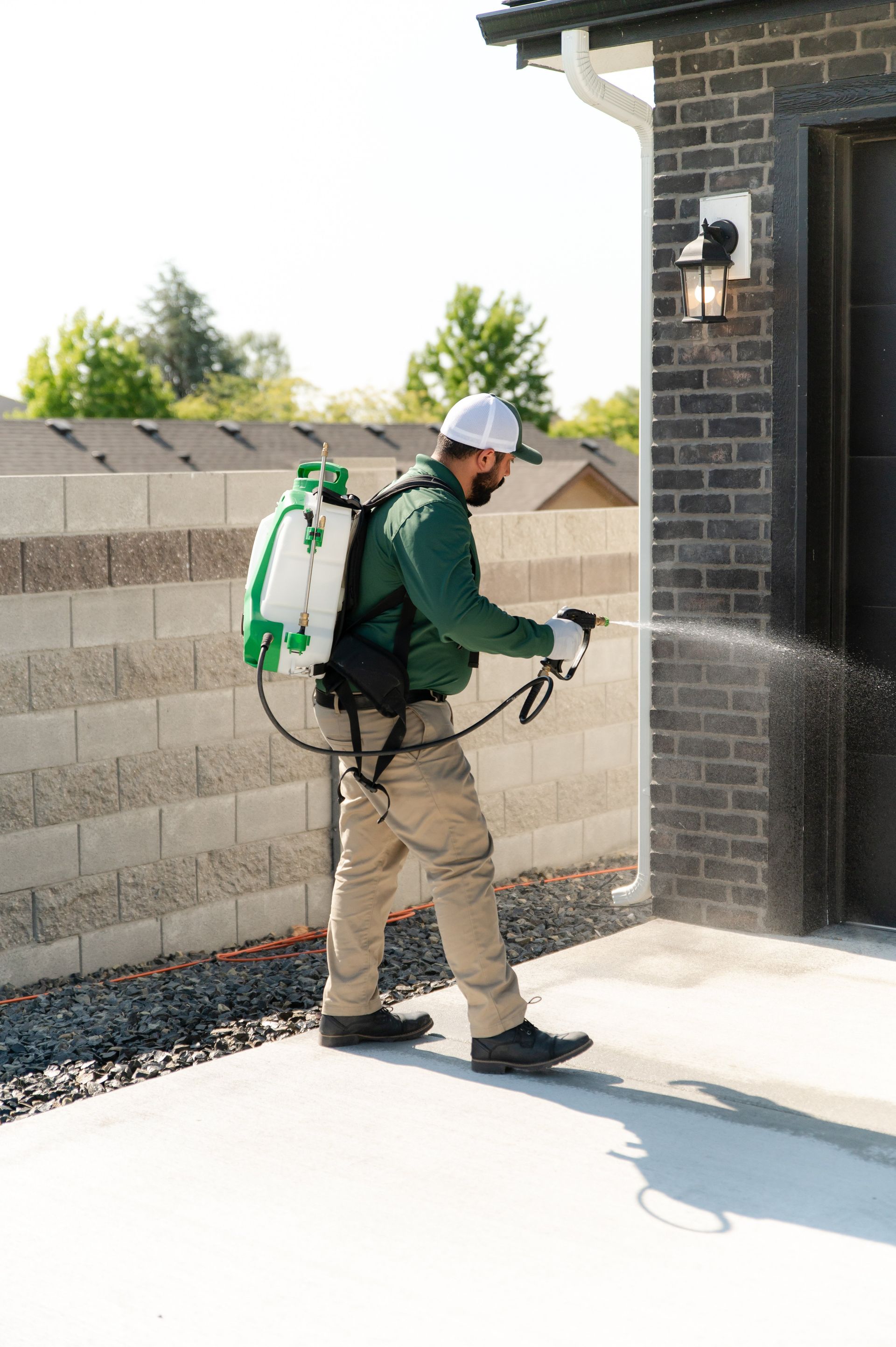


Unbeatable Pest Control in Artondale, WA
As a local and family-owned pest control company, we understand how important it is for every household to be pest-free, and we don't want you to get all stressed out and worried about pests taking over your home. At Bamboo, we take great pride in getting the title of Top Pest Control Service in 2023 by Forbes, so we make sure that you get the best service at the best price. We eliminate pests in Artondale quickly and effectively so you can go back and enjoy having a relaxing life. Choose Bamboo, the most trusted name for pest control. Give us a call today to know more about all our services!
100% Pest-Free Guarantee
We believe in delivering more than just pest control. Our customers enjoy peace of mind knowing their homes are protected by highly skilled and trained technicians who truly care about your comfort and safety. Every service comes with our 100% Pest-free Guarantee because we stand firmly behind our quality of work.
WHAT WE OFFER
Our Pest Control Services
We offer a wide variety of pest control solutions for your home or business.
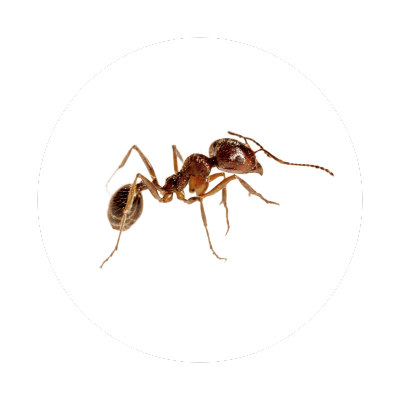
Ant Control
Even the cleanest homes can attract ants searching for food and moisture. These determined pests can sneak in through tiny cracks and gaps, turning a few carpenter ants into an entire army.
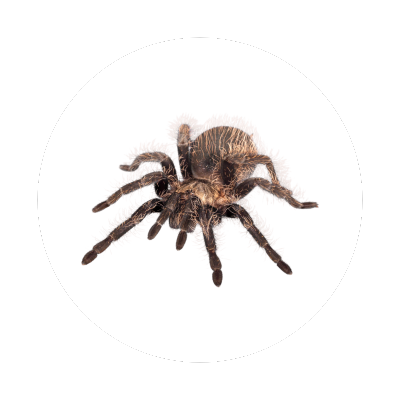
While spiders help control other household pests, seeing them often or spotting many cobwebs might mean there's a bigger problem. Spiders can point to issues like other pest infestations or great hiding spots in dark, cluttered, or damp areas of your home.
Spider Control
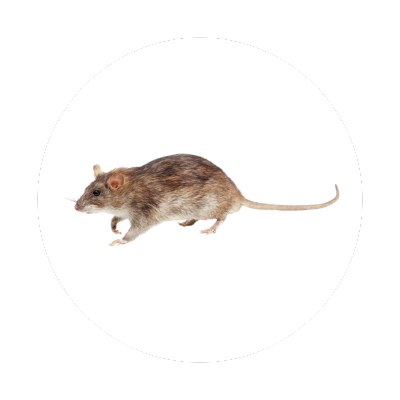
If you hear scratching sounds, find droppings, or notice bite marks, it's a sign that rodents might be making themselves at home. These pests are always looking for a place to stay and food to eat, and they can get inside through holes as small as a coin.
Rodent Control
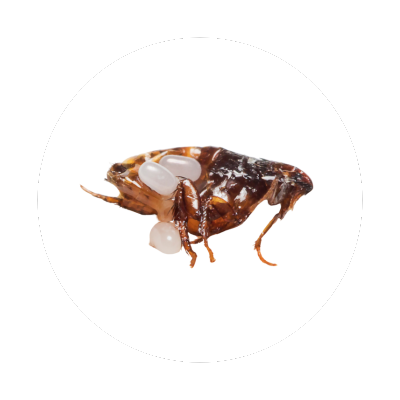
If you've got pesky ticks and fleas in your yard, we can help. These pests can carry diseases that can affect you, your family, and your pets. Don't let them take over your yard. Bamboo has the solution, so contact us today for a quote or click the button to learn more about how we can help.
Flea & Tick Control
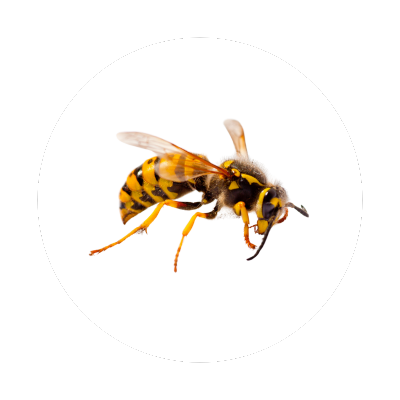
Nothing ruins a backyard BBQ quicker than wasps or hornets buzzing around. And oh, DIY sprays? One wrong move can turn into a big problem fast. Our team knows how to identify different species, find hidden nests, and safely remove them.
Wasp & Hornet Control
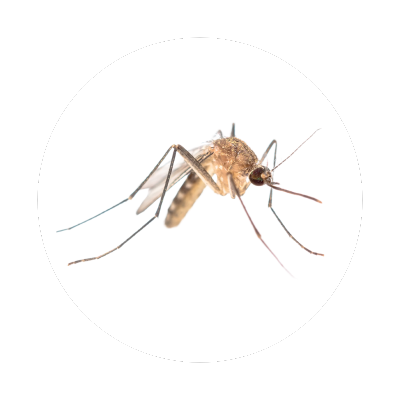
There's nothing worse than the constant itch of mosquito bites. Plus, these pests can spread nasty diseases to you and your family with just one bite. Our full-service mosquito control covers both adult mosquitoes and their larvae.
Mosquito Control
We offer many other types of pest control that are not listed above. Just give us a call!
No Sting Here.
Just Great Deals!
With our competitive prices, it's easy to enjoy Bamboo's premium pest service without breaking the bank. Our convenient low monthly rates are all-inclusive. Unlike other pest companies that add extra charges, Bamboo stays committed to saving you money. We don't have hidden or "additional" service fees, which is why we're consistently one of the most recommended pest control companies in the area. Friends and neighbors talk about our service because we deliver exceptional results at fair and reasonable rates. Don't just take our word for it—scroll down to see some reviews!
Our training, equipment, and certifications are focused on safe and effective pest elimination and prevention in homes.
Our team members are highly skilled pest control experts with years of experience and specialized training in home pest control and management.
Experienced Technicians
Home Certified
Designed For Your Family
We use the very best products and equipment, modern-day techniques, and create custom treatment plans that will suit your unique family and home needs.
No Hidden Fees
Reliable Service
We believe in fair pricing. You shouldn't have to pay an extra for a job to be completed properly. We never charge fees for service calls between scheduled visits.
The Bamboo team is held to a high standard. Your dedicated technician is committed to getting rid of pests and providing top-notch customer service.
Tech & Communication
We stay in touch with you about your treatment plan and service schedule through technology. We provide each our clients 24-hour access to an online personal account.
#1 Choice for Pest Control Services in Artondale WA
Testimonials
This is the first time we have used Pest control services. Bamboo service people who talked to us were clear in explaining the different packages and service coverage.
Chris was thorough in going around our home for the initial inspection, cleaning any existing spider webs, spraying the exterior, lawn and the interior of our home. Hoping this initial service will cover us until the next quarterly treatment and also hoping to have good repeat service with them moving forward!
Padmashri G.
Dan does such a great job every time he comes out! He is so friendly, patient, and knowledgeable and has been extremely accommodating from the start. He has addressed all of my pest concerns and is so great at explaining everything so that I have peace of mind. I’m very impressed with the service and will continue using Bamboo :)
Jacqueline V.
Bamboo has been wonderful. When Chris came to my home to give me an estimate, he was incredibly thorough, even to the point of pointing out how they can help with mites in my bushes and that their products are safe. Joseph did a great job when he came to provide the service and also was extremely thorough in treating all needed areas. I would highly recommend Bamboo for your pest control needs!
Nikki W.
Cherice K.
Dan was awesome! He explained what he was doing in great detail and explaining the products he used coming out for my second treatment and explained what was different from my first treatment he did. He even went and explained about a chemical that was given to me before I started services that I never used and explained how to use it properly if I ever was to use it. Kudos to Dan working out in this heat wave! Love the service!
Great company, and awesome techs! Evan Grant has been super responsive when we need something, and extremely kind and flexible. After years of fighting ants in our kitchen, we've had our first summer with hardly any. When we did have some, all I had to do was reach out and our yard was retreated at no cost. Definitely recommend the company!!
Lori H.
Evan J.
Started up with Bamboo three months ago. They do an initial service and then return quarterly (plus on demand if you have a need in between). I’m pleasantly surprised with their communication and professionalism. Today Dan arrived for our first quarterly appointment. He was thorough in his treatment of my front and back yards, foundation and rock beds. He also came inside and applied a barrier to keep ants out. All in all I am very pleased with this pest company’s team.
CALL THE PROS. CALL BAMBOO.
Start services online and receive a home visit within 48 hours.
FAQs
Below are some of the most common questions we get regarding pest control.
How Long Does Pest Control Take To Work?
Typically, we expect homeowners to see a significant decrease in pest activity within a day or two after treatment. The exact timeframe depends on the type of pests that are present and what treatment was used.
Ocassionally, you might even see a small increase in pest activity immediately after our first treatment. But don't worry! That just means that we succeeded in disrupting their normal breeding and feeding patterns and they are now looking for a new place to go. But because of our pest control treatment, they won't last long on their search. If after a week or two, you are still concerned, give us a call and we may need to just do another round (at no additional cost!)
Can I Do My Own Pest Control Treatments?
While we are all for homeowners taking on DIY projects, we don't recommend doing so when it comes to pest control. While store bought treatments might handle the few pests you're noticing scurrying across your floor, without the proper knowledge and strategy that also targets hidden nests, breeding grounds, and entry points, your pest problem will never truly be solved.
Does Bamboo Have a Service Guarantee?
Yes! We are fully confident that we offer the best pest solutions in the area, which is why all of our services are backed by our Pest-Free Guarantee. If you're not 100% satisfied with the results, we will come back and re-treat at no additional cost.
Is Pest Control Safe for Kids & Pets?
Our #1 priorty is the safety and wellbeing of you, your family, and your pets. All of the products we use are ecofriendly and EPA approved and our technicians go through in-depth training to stay on top of the latest industry standards and safety guidelines. Overall, we do everything possible to ensure the safety of our clients and their loved ones.
Still have a question?
We are always happy to answer any questions you might have. Just give us a call!




